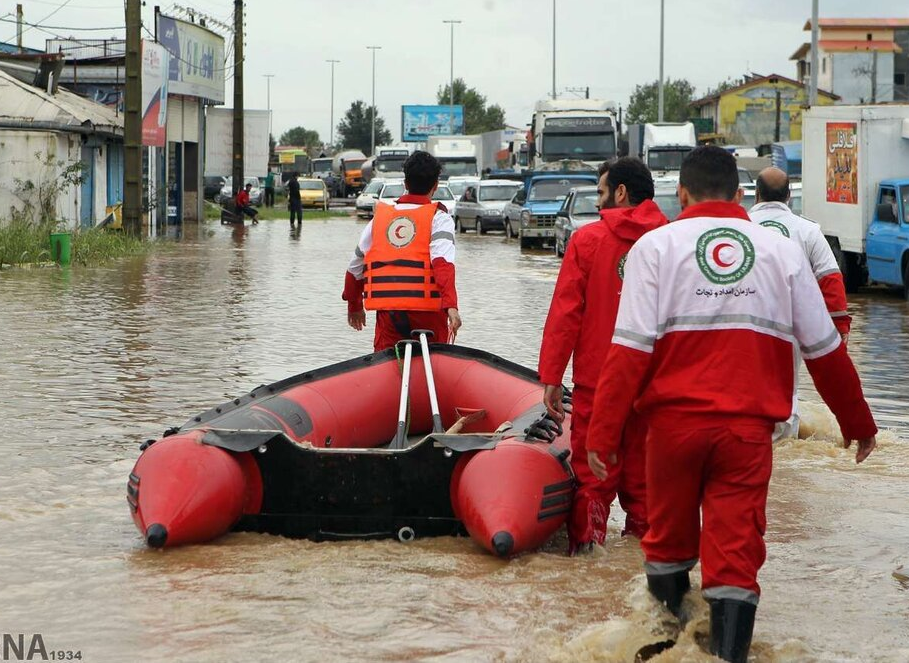May 14, 2021

The state news agency listed those provinces as East Azer- baijan, West Azerbaijan, Ardebil, Esfahan, Tehran, Khorasan South, Khorasan Razavi, Khorasan North, Semnan, Sistan va Baluchestan, Khuzestan, Kerman, Kohgiluyeh va Boyer Ahmad, Golestan, Gilan, Mazandaran and Yazd.
The Red Crescent Society said aid workers provided relief and rescue services in 110 cities, villages, nomadic areas, and 20 flood-affected areas, said Mehdi Valipour, head of the Red Crescent’s Relief and Rescue Organization.
“Over the past nine days, 10 people six in Kerman and four in Yazd have lost their lives,” he said May 8.
The large-scale flooding does not mean that the drought plaguing the country has ended.
Precipitation in Iran amounted to 127.8 millimeters from the beginning of the current water year (September 22, 2020) until April 24, which demonstrates a 54 percent decline compared to the same period last year.
In comparison with the long-term average of 52 years, rainfall so far this year is down by 41 percent, according to data released by the Ministry of Energy.
Over the last two years, Iran was doused with rain of a volume unprecedented during the past 50 years, but that was not enough to end the drough.